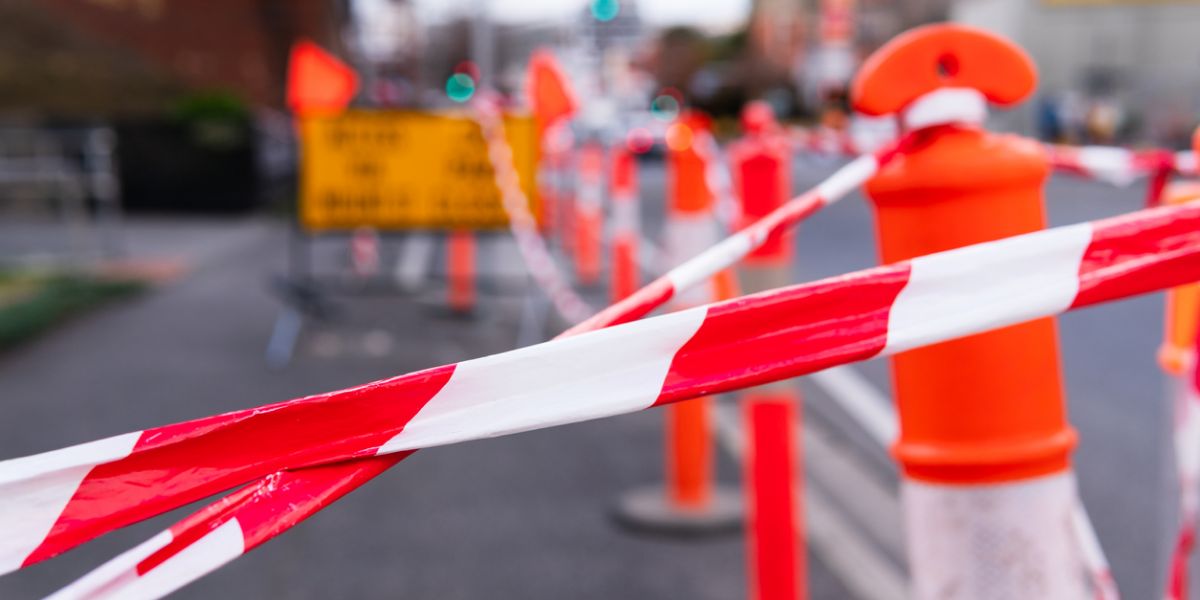South Florida’s construction laws require contractors and builders to adhere to certain sets of standards to commence and complete construction projects in compliance with the law. There are many ways that a construction project can be “illegal”—a builder, contractor, and/or materials supplier could unknowingly expose themselves to legal liability at a number of different places along the construction project timeline. So, when is construction illegal?
Florida construction laws impose mandatory requirements on contractors and builders prior to the commencement of any project. Failure to adhere to these requirements can make an entire construction project and/or agreement illegal. In this blog, we identify the two most important legal “boxes” that a contractor must “check” to ensure the legality of commencing a construction project.
Contractors Must Be Properly Licensed
Florida law requires that all contractors be duly licensed to conduct business as such. To protect homeowners, property owners, and property developers, Florida’s legislature has broadly construed the conduct that can be considered as “contracting without a license.” Section 489.127 of the Florida Statutes imposes penalties including fines, probation, and even jail time if a court finds that an individual engaged in “contracting without a license.” Under the statute, there are nine (9) different ways to commit a violation, and a violation of the statute can result in the payment of fines and prosecution of criminal charges.
Contractors Are Required to Obtain Necessary Permits
Section 489.126 of the Florida Statutes requires any contractor to apply for and obtain any permits required by state and municipal law, so long as such contractor would stand to receive at least ten percent (10%) of the total cost of the construction project under an agreement.
This statute also imposes very strict timing requirements on contractors. First, it requires that a contractor apply for any necessary permits within thirty (30) days of receiving payment. Additionally, upon obtaining the necessary permits, a contractor must commence the project within ninety (90) days. Section 489.126 imposes a tier-based punishment system against contractors that violate the law, and in some instances, a contractor could face steep civil—and even criminal—penalties.
Contact Experienced South Florida Construction Law Attorneys to Advise You in Your Next Construction Project or Dispute
The attorneys at Clayton Trial Lawyers (“CTL”) are a skilled group of elite professionals that can help you navigate your Florida construction law questions. If you or someone you know might benefit from a free consultation with the lawyers at CTL, don’t hesitate to call. At CTL, we treat our clients like family—we ensure that each case receives the time and attention it deserves to secure a “win” for our clients. Contact us today!

